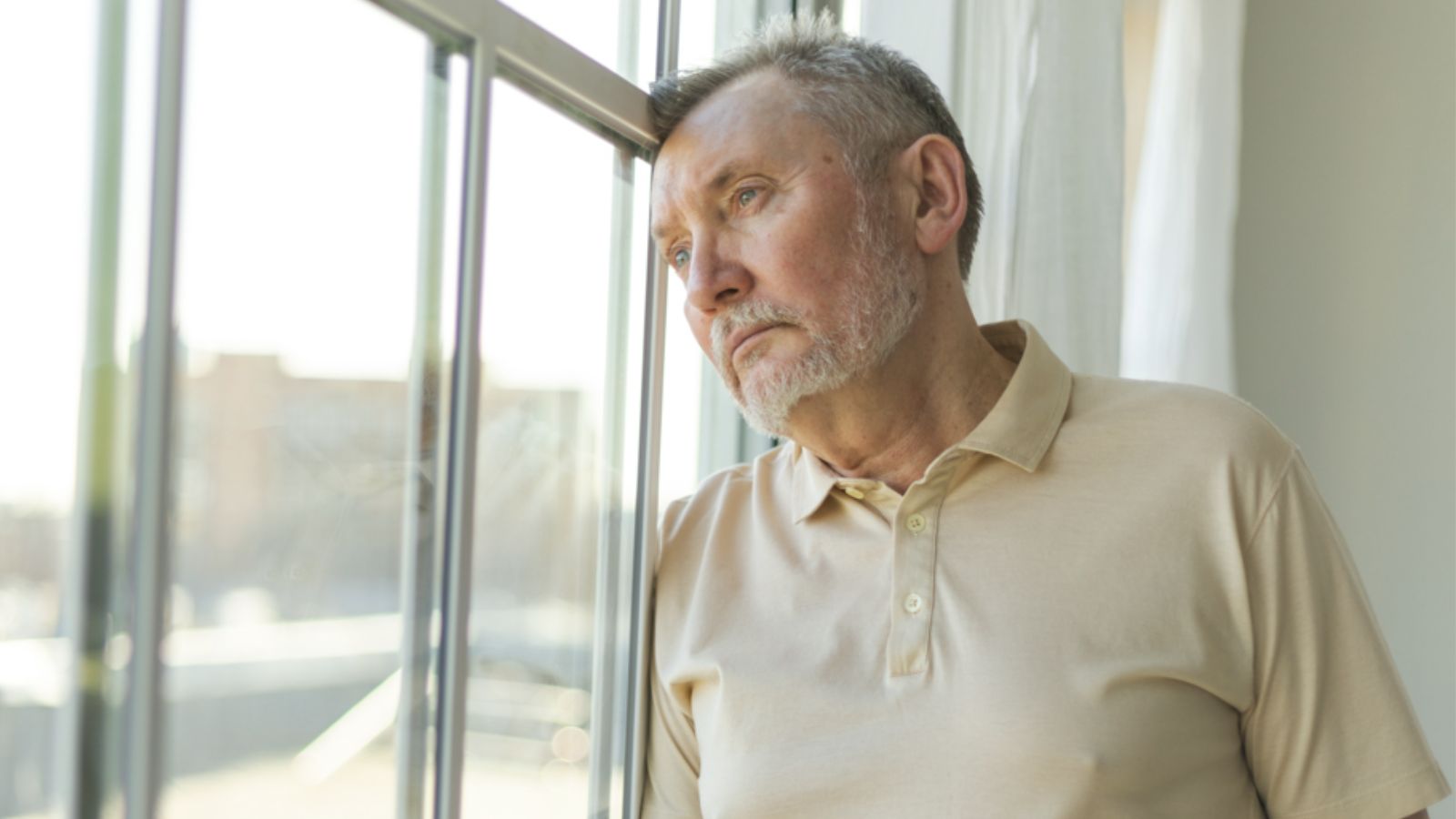When it comes to ageing, people focus on wrinkled skin and weaker bones, and certain other aspects of it often go unmentioned despite the significant impact on daily life. We shed light on some of these lesser-known truths so you can navigate your later years with greater ease and understanding.
Taste Buds Lose Sensitivity

We start with the fact that foods may not taste as vibrant as they used to because your taste buds may have lost their effectiveness over time. Sweet and salty flavours become less pronounced, and this is a development to expect after hitting 60. Also, since you might need more seasoning to enjoy your meals, you’ll need to be mindful of the overconsumption of ingredients that could affect health.
Sleep Patterns Change Significantly

As people age, they often find themselves waking up earlier or experiencing lighter sleep. The body’s internal clock shifts, making it harder to get the same rest as in younger years. You can also manage your sleep quality alongside these changes by adjusting your bedtime routines appropriately.
Skin Becomes More Fragile

Collagen production decreases, leading to less elasticity and resilience, and in simple terms, this means that the skin thins and bruises more easily with age. Protecting skin from excessive sun exposure and staying hydrated can help maintain its condition and prevent it from ageing faster.
Sense of Balance Deteriorates

You may also notice that maintaining balance becomes more challenging due to muscle weakness and joint issues. With this, you face an increase in the risk of falls and may eventually have to incorporate balancing exercises into daily routines to prevent more serious consequences.
Memory Recall Slows Down

Also, it’s been proven that the brain’s processing speed decreases with age, and this affects how quickly you retrieve information. It might take longer to recall names or details as cognitive processes slow, and you may need to engage in more mental exercises and social activities to keep your mind sharp.
Emotional Sensitivity Increases

Emotions may also feel more intense, and tears come more easily. We attribute this higher level of sensitivity to both hormonal changes and life experiences and recognising this particular fact can help you better manage your emotions and communication when you reach old age.
Hair Changes Texture and Colour

Now, you may know that hair turns grey, but what’s typically not talked about is how it can also become finer or coarser. The pigment cells in your body reduce their activity, and hair follicles change, essentially affecting their texture. Some hair care tips to battle this change include washing your hair less frequently and making use of volumisers when you can.
Appetite May Decrease

Ageing is also known to lead to a reduced sense of hunger due to slower metabolism and other digestive changes. It’s an issue that might result in unintentional weight loss or nutritional deficiencies, and you may have to pay more attention than before to getting a balanced diet to maintain optimal health.
Height Gradually Decreases

Losing a few centimetres in height is also common, and this isn’t because your body grows shorter. Instead, your spinal discs lose moisture, and your bone density generally decreases. Posture changes also contribute to this phenomenon, and it’s one change that starts as early as 40 and accelerates the older we get.
Increased Vulnerability to Cold

You should also expect to find yourself feeling colder more frequently due to the combination of factors like a slower metabolism and thinner skin. The body’s ability to regulate temperature diminishes, and it then becomes essential to wear warm clothing or keep your indoor environments comfortably heated.
Dental Health Issues Arise

Your gums may also recede, and your teeth become more susceptible to decay. This is caused by the reduced production of saliva. To manage the decline in oral health and increase in the risk of cavities, you’ll need more regular dental check-ups and a higher focus on good hygiene practices.
Eyesight Requires More Light

As you age, you’ll also likely need brighter lighting to read or work, as your pupils expectedly shrink and the flexibility of your lens decreases. The eyes struggle to adjust between light and dark environments, and you find yourself hunting even harder for the appropriate indoor lighting to alleviate any strain.
Urinary Incontinence Becomes Common

Due to various factors like hormonal changes or prostate issues, particularly in men, your bladder muscles may also weaken, and you end up with occasional leaks or a higher urgency to relieve yourself. At any point you notice this happening, you should discuss the symptoms with a healthcare provider so you can get the right care.
Hearing High Frequencies Declines

When it comes to hearing, your ability to catch high-pitched sounds suffers. These sounds become harder to hear as the tiny hair cells in your inner ear get damaged over time. What’s more difficult to deal with will be your inability to properly understand speech, especially in noisy environments.
Muscle Mass Decreases

Sarcopenia, as the loss of muscle mass is officially called, occurs naturally with age too. It’s a condition that will affect your strength and mobility, and without intervention, it can lead to frailty, falls, and fractures. You can preserve your muscle’s strength and function by engaging in regular strength training, however.
Financial Planning Gains Complexity

You’ll also quickly see the task of managing your finances become more intricate, as you’ll eventually have to deal with retirement funds, healthcare costs, and estate planning. In this, early preparation will help ease stress, and you can address financial challenges by staying informed and seeking professional help.
Social Circles May Shrink

Friends and family might move away or pass on, and this will leave you with feelings of isolation. But this shouldn’t put you down. Know that maintaining social connections will be crucial for your mental health in old age, and you shouldn’t mind joining clubs or community groups to build those new relationships.
Time Feels Like It Passes Faster

Finally, you also need to know that our perception of time speeds up, and every year that passes seems progressively shorter. Of course, the hours aren’t actually passing by faster, but you deal with some psychological changes due to your tinier routines and fewer novel experiences. Whenever you can, make time feel richer and more fulfilling by engaging in new activities.

